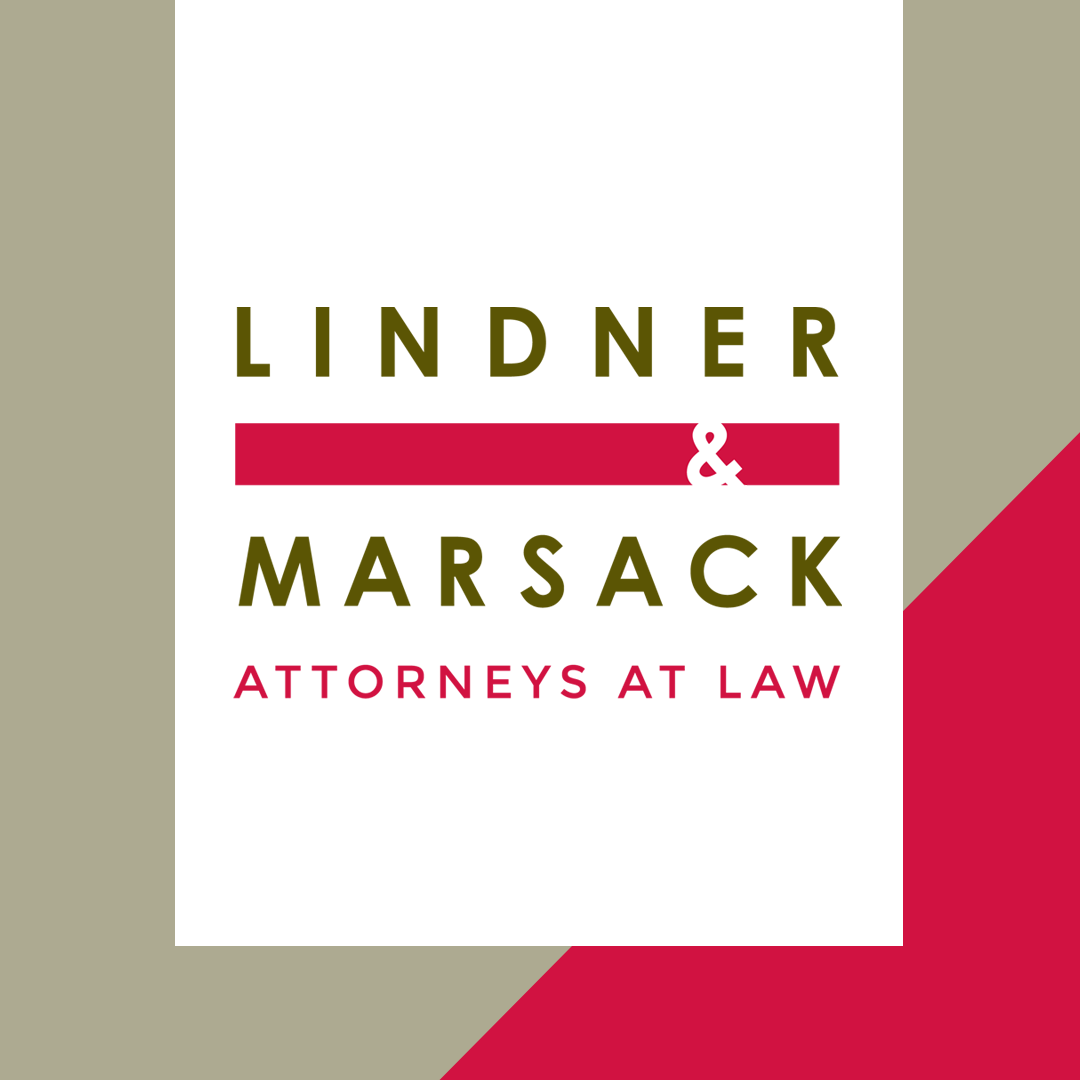Our very own Daniel Finerty, Douglas Feldman and Laurie Petersen are speakers at the State Bar of Wisconsin’s 2015 Health, Labor and Employment Law Institute on August 20-21, 2015 at the Wilderness Hotel and Golf Resort in Wisconsin Dells. Lindner & Marsack is sponsoring a Thursday evening social hour. Choose from more breakout sessions than […]

State Bar of Wisconsin’s 2015 Health, Labor, and Employment Law Institute
Leave a reply
